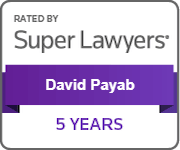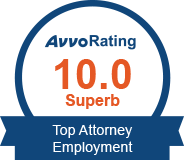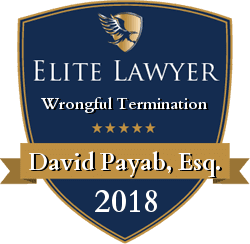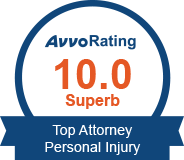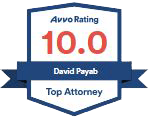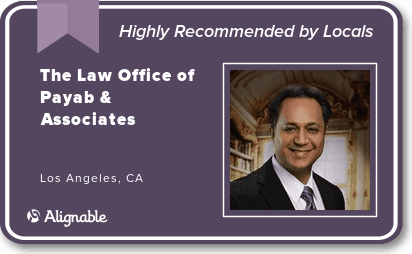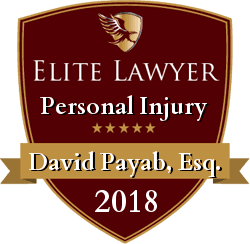 To find out whether you are entitled to overtime pay, there are a few things to check. First, check whether your employer is covered by the federal Fair Labor Standards Act (FLSA) and/or your state’s wage and hour law. The coverage of these laws is so broad, so it’s very likely that your employer must comply with them.
To find out whether you are entitled to overtime pay, there are a few things to check. First, check whether your employer is covered by the federal Fair Labor Standards Act (FLSA) and/or your state’s wage and hour law. The coverage of these laws is so broad, so it’s very likely that your employer must comply with them.
The next step is to see whether you are considered an “exempt” or a “nonexempt” employee under these laws. If you are exempt, then you are not entitled to overtime pay; if you are nonexempt, then you are entitled to overtime pay.
If you routinely exercise discretion, supervise other employees, and/or make high-level decisions, you may be an exempt employee who is not entitled to overtime pay. To qualify as an “administrative, executive, or professional” employee exempt from overtime under the law, you must be paid on a salary basis (at least $455 per week) and spend most of your time performing duties that require you to use your own discretion and independent judgment.
Workers who do certain types of jobs are not entitled to overtime. Some of the more common jobs that aren’t eligible for overtime are:
– independent contractors
– volunteers
– outside salespeople (that is, employees who customarily and regularly work away from the employer’s business)
– certain computer specialists (such as systems analysts, programmers, and software engineers) who earn at least $27.63 per hour
– employees of seasonal amusement or recreational businesses, such as ski resorts or county fairs
– newspaper deliverers
– employees who work on small farms, and
– casual domestic baby sitters and people who provide companionship to those who are unable to care for themselves (but this exception does not include those who provide nursing care, or to personal and home care aides who perform a variety of domestic services).
If you do not supervise others or make important decisions for your company, and you don’t work in a field that’s ineligible for overtime, then you are probably entitled to overtime pay if you work more than 40 hours in a week, or more than 8 hours a day.
David Payab, Esq. from The Law Offices of Payab & Associates can be reached @ (818) 918-5522 or by visiting http://payablaw.com/


